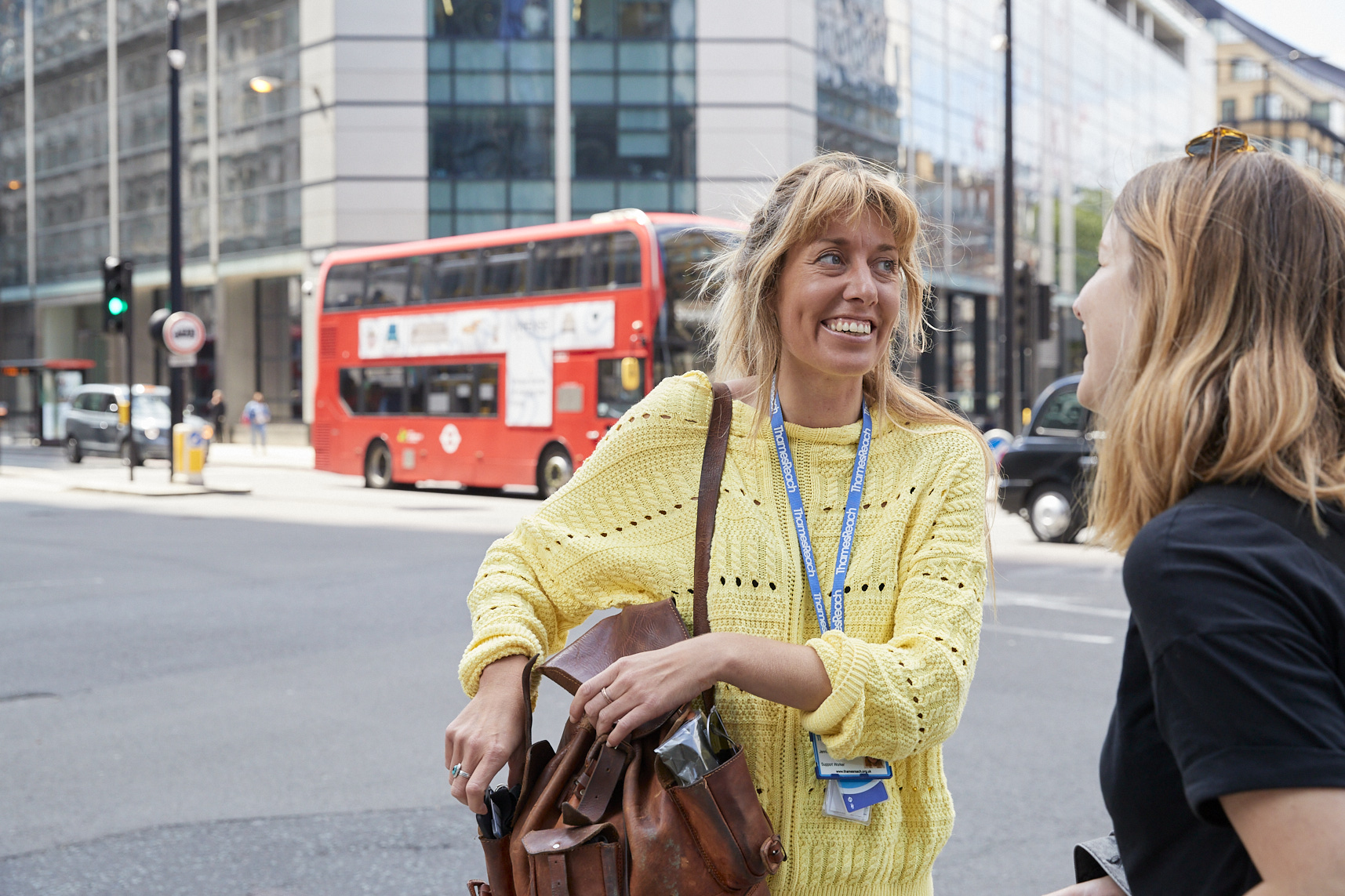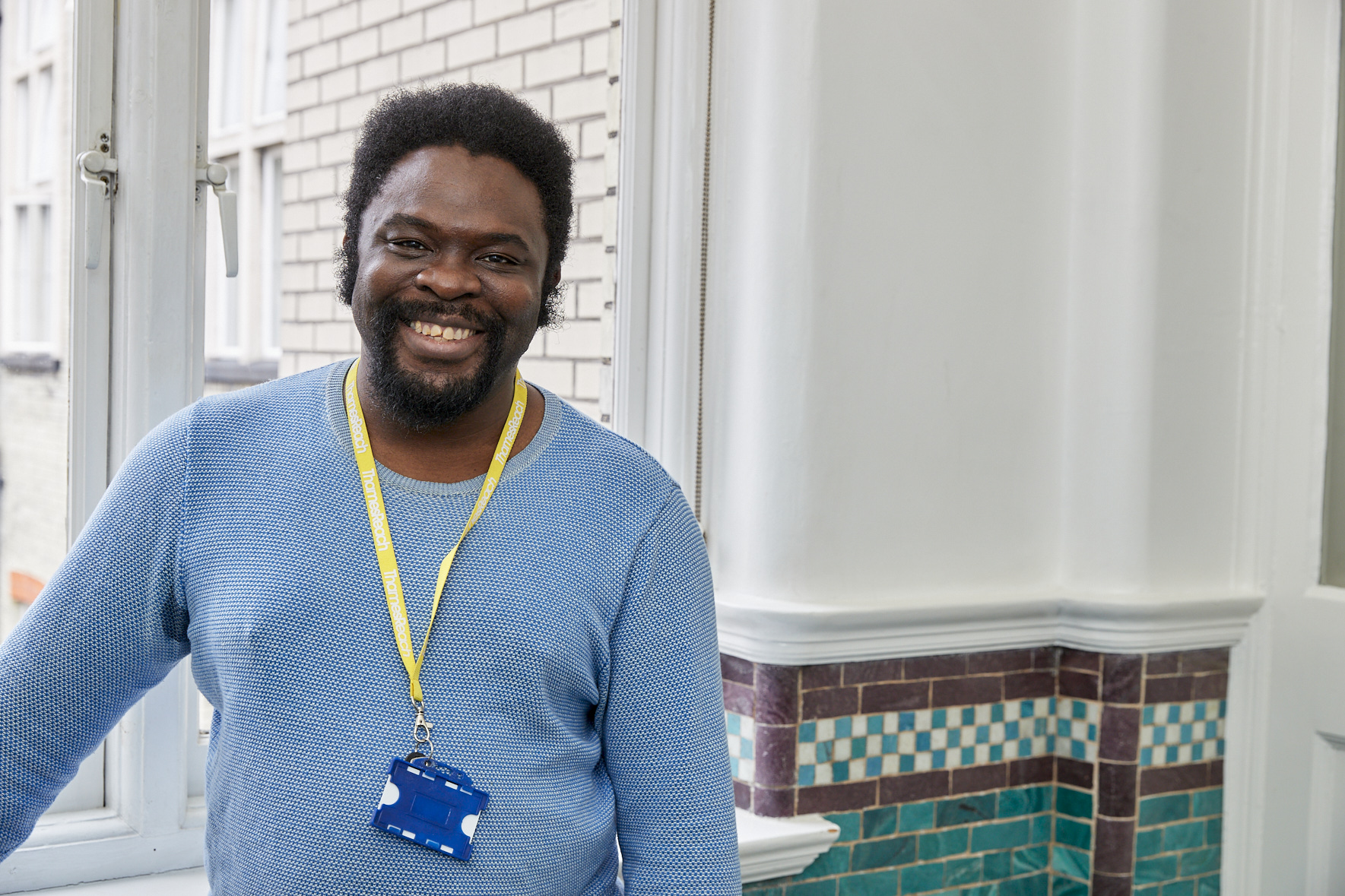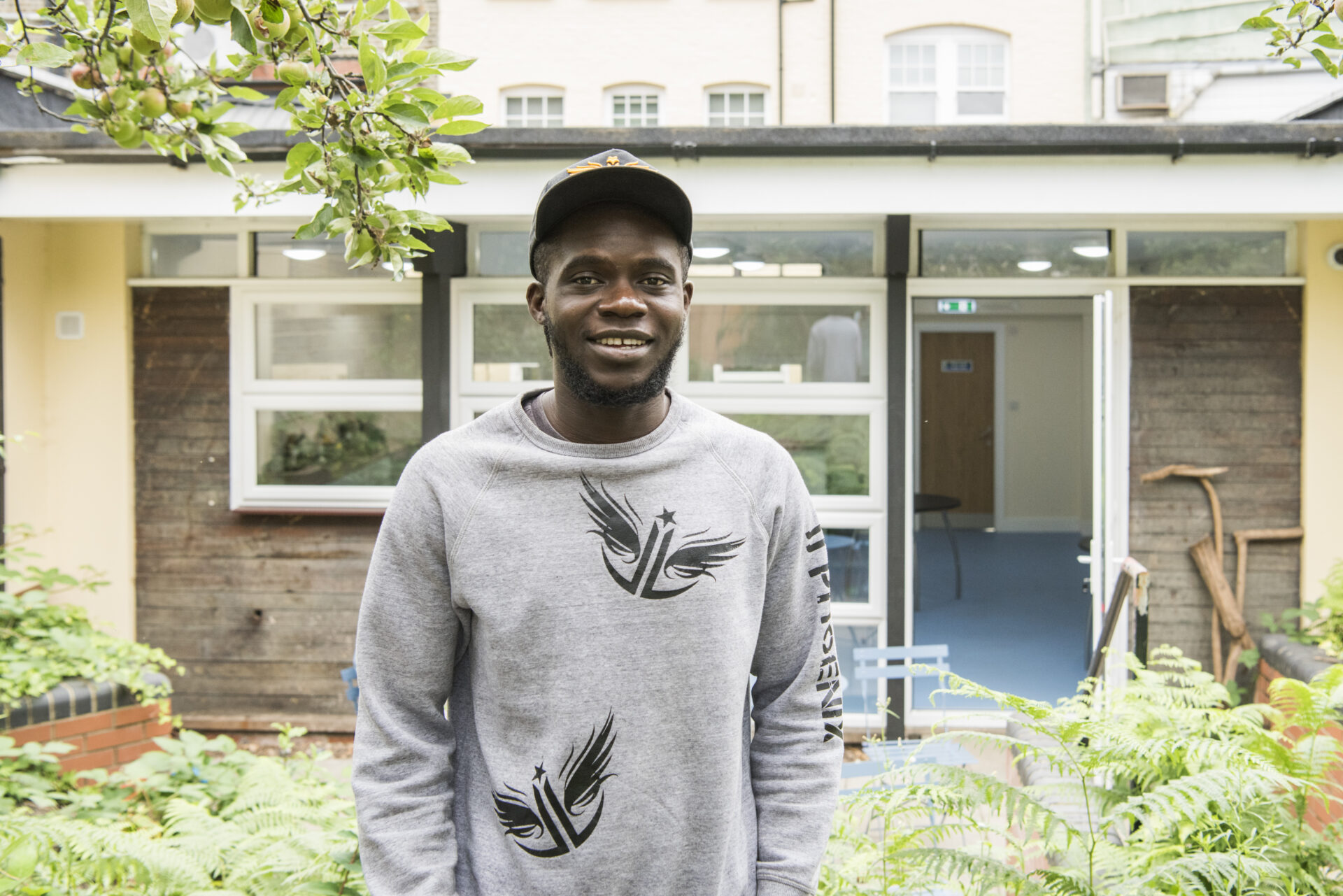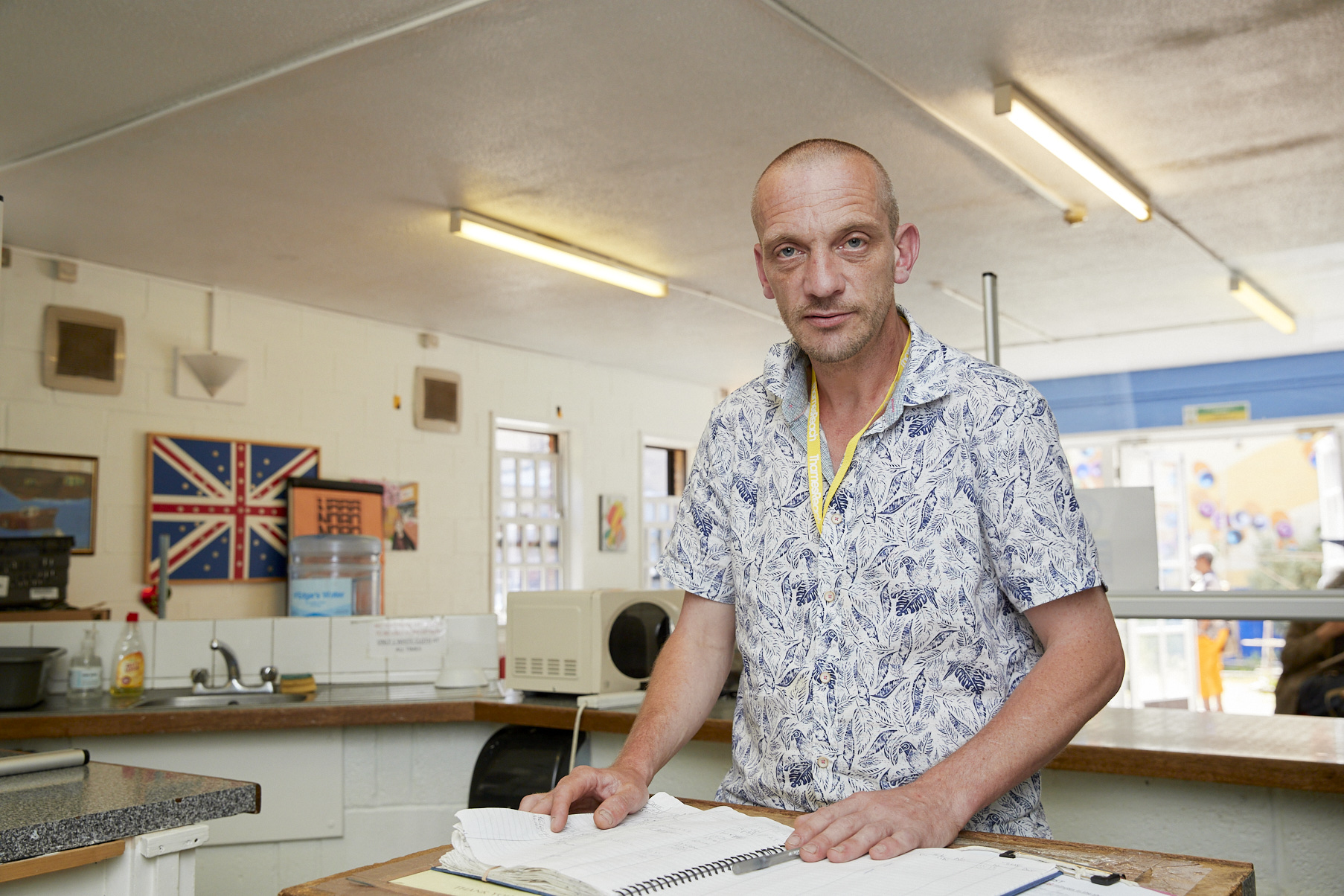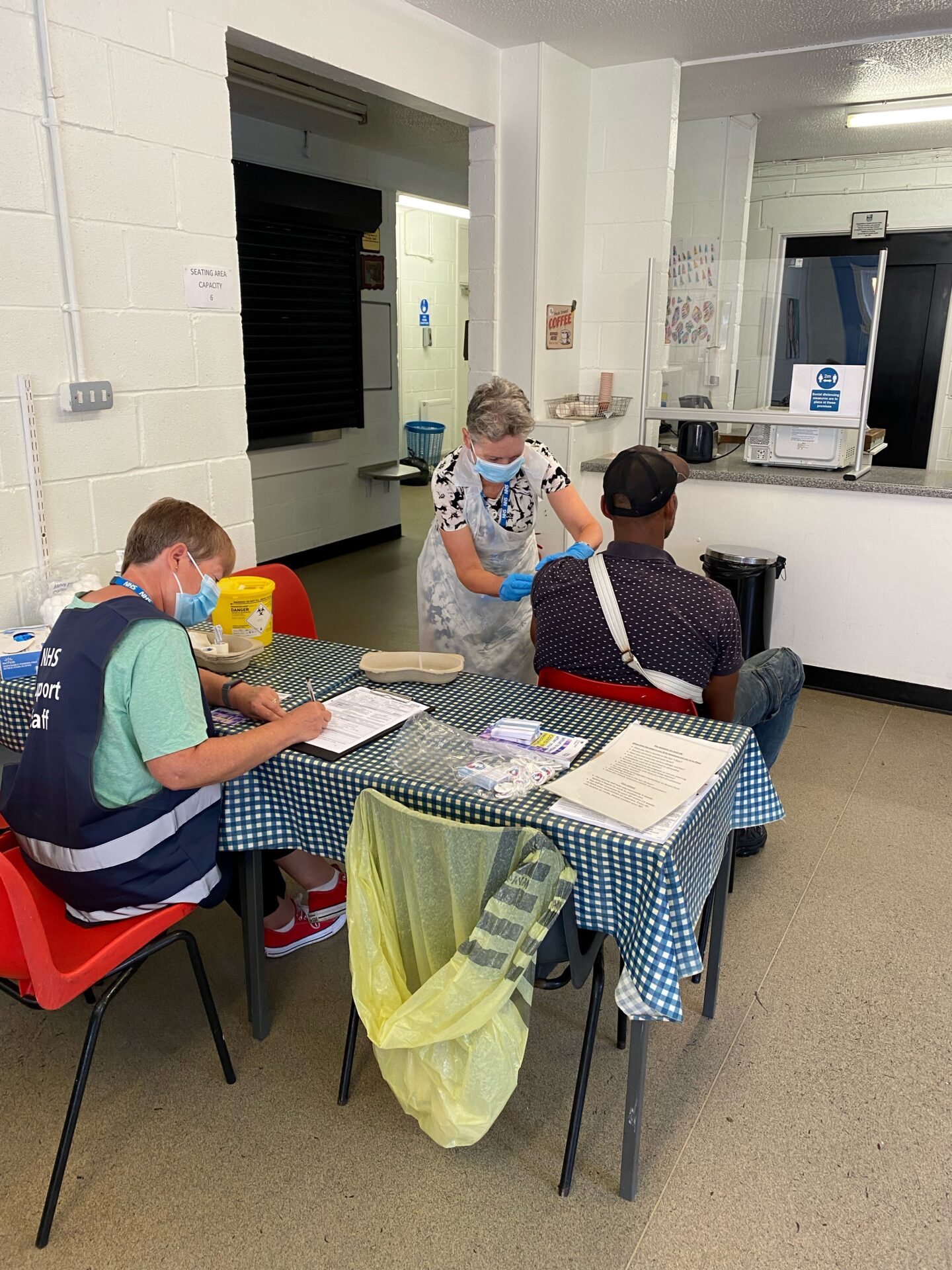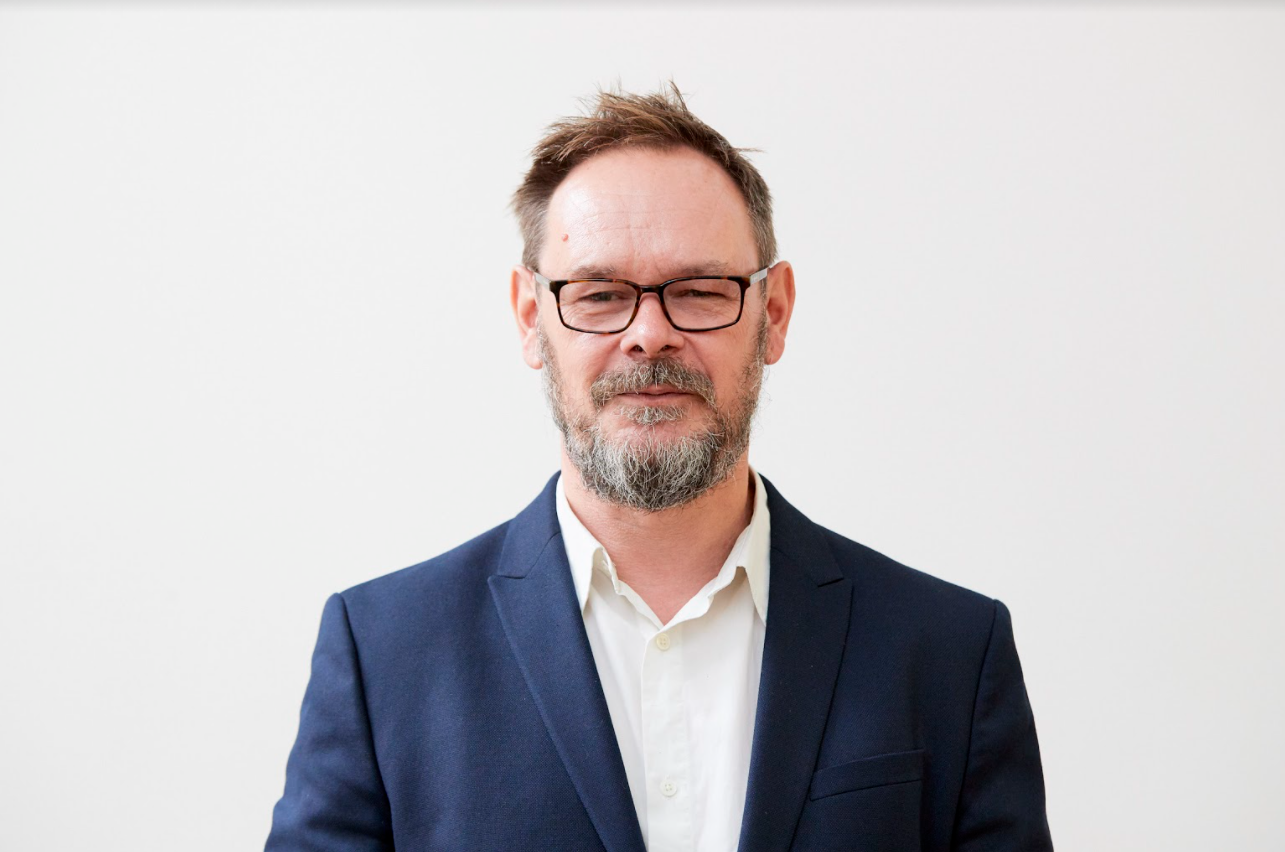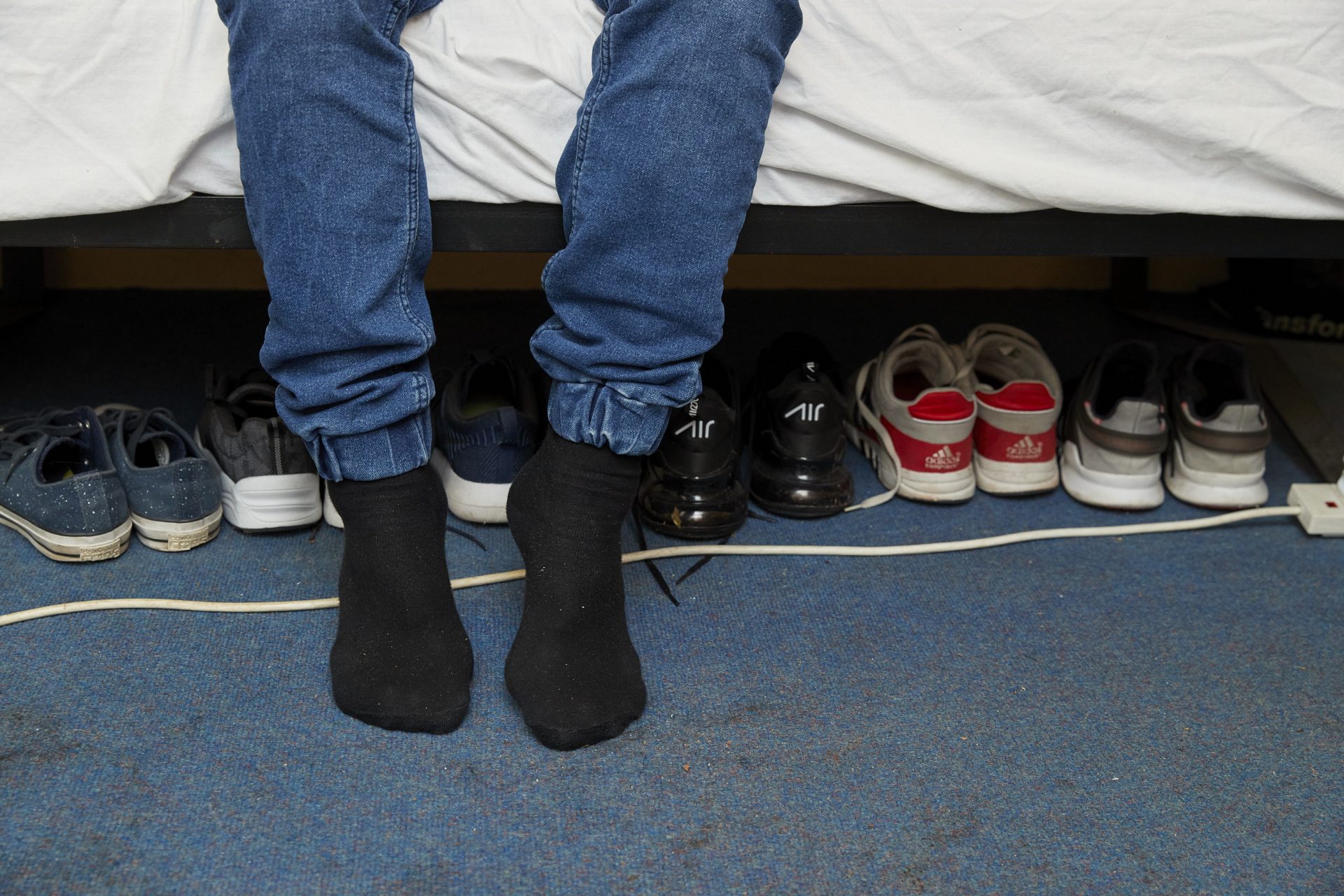How does cold weather affect our response to street homelessness?
Our director of operations, Catherine Parsons, discusses how we implement emergency protocol to ensure no one is left on the streets this winter
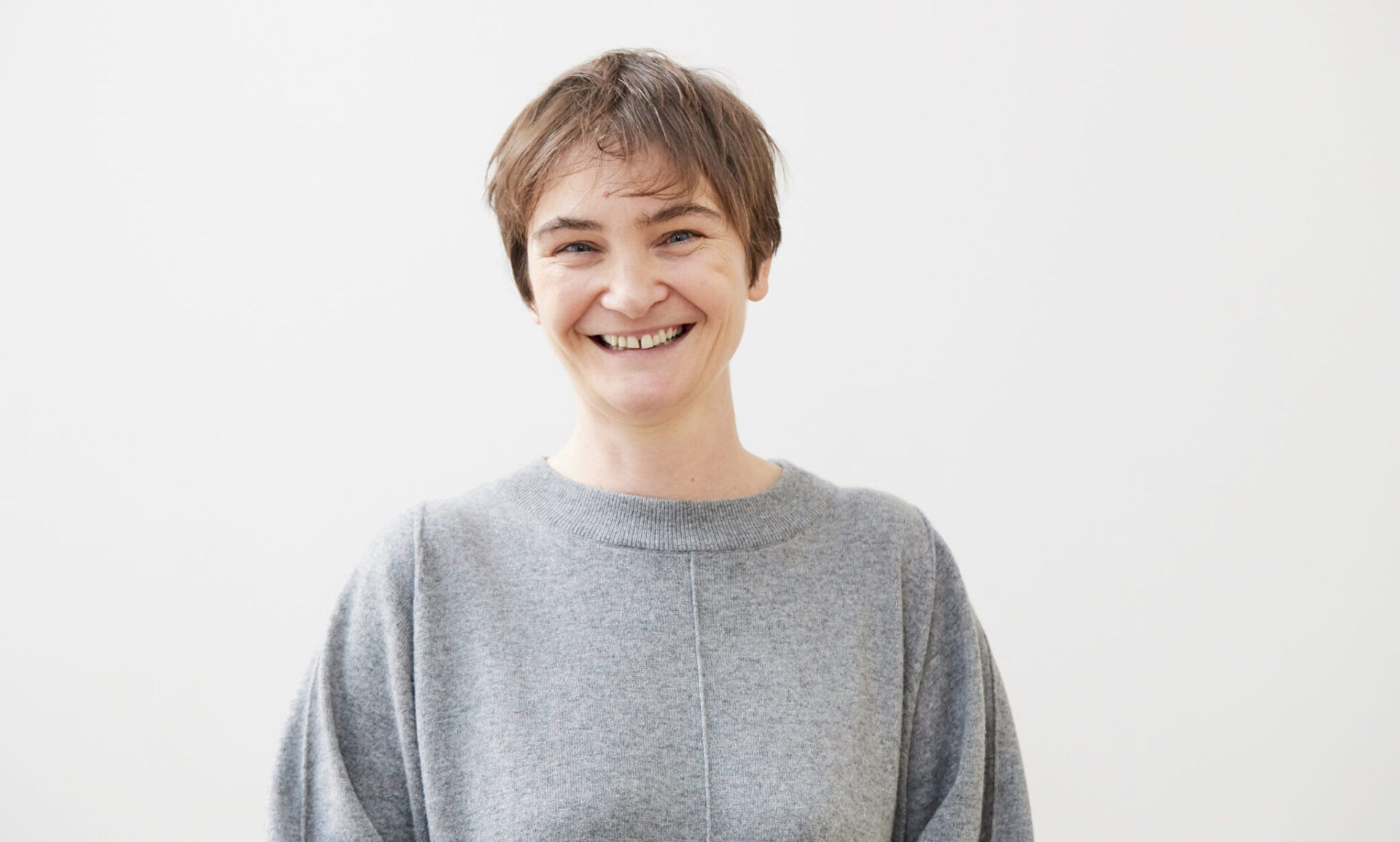
During winter, freezing cold temperatures make sleeping rough even more life-threatening. Whilst street homelessness is always dangerous and traumatic, there are extra statutory provisions called SWEP (Severe Weather Protocol), implemented when the ground temperature drops to zero degrees. This increases the temporary accommodation options that are available for our outreach teams to move people away from the streets, and prevent the dangers of sleeping outside in freezing temperatures. However, this will not solve the wider and ongoing causes of street homelessness. Tailored support is still required to understand, and address, the causes of an individual’s homelessness.
Our director of operations Catherine Parsons discusses this in detail:
“With COVID restrictions still in place, our commissioners have made changes to the emergency accommodation they are providing. Local authorities need to be assured that we are COVID-safe; they aren’t providing the same numbers of bed spaces, so as with all year round, prevention is key.
“Last year, several councils had bought up bed spaces in hotels, which was simpler then as tourism wasn’t happening at all. That will be happening to some extent again this year, but there are concerns about availability, as well as sustainability; for people with complex needs, helping them off the streets and into a B&B without support may not be suitable.
“There is funding in several boroughs to provide support once people have been moved into temporary accommodation, for example that’s what our Move-On team in Ealing are doing; it’s crucial that people aren’t left to go back to the streets once the temperatures rise again.
“The public health advice regarding bed spaces in these temporary locations is the same as last year, emphasising the use of lateral flow testing and housing people in ‘bubbles’. Testing is really important, and services are also encouraging and signposting to vaccinations.
“We encourage members of the public to make referrals of anyone they see sleeping rough to Streetlink, who contact our outreach teams directly and quickly. During SWEP we put out additional outreach shifts, so that anticipated increased demand can be met.
“Ultimately, we work in the same way that we do year-round. It’s extra awareness and funding from not only commissioners but the public (as they are more attuned to the dangers of rough sleeping when it is freezing cold) which ensures that we can do our best work helping people off the streets.”

